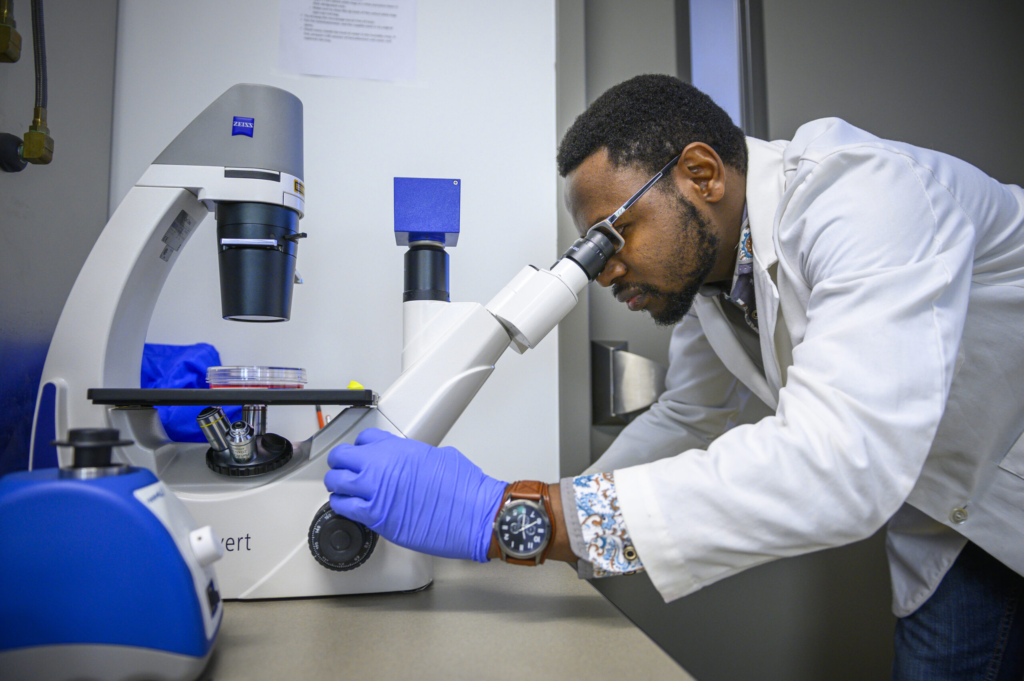How to Increase Your Lifespan: Insights from the Latest Scientific Research
In a world where science is constantly evolving, extending human life is no longer just a dream but an achievable reality. With advancements in medicine, nutrition, and technology, researchers are uncovering the secrets to a longer, healthier life. If you want to maximize your years while maintaining vitality, this blog explores proven strategies grounded in the latest scientific findings.
1. Adopt a Nutrient-Dense Diet

The Power of Whole Foods
Scientific research consistently highlights the benefits of consuming a nutrient-rich diet. Diets like the Mediterranean diet, which emphasizes fruits, vegetables, whole grains, nuts, seeds, and healthy fats, are linked to reduced risks of chronic diseases such as heart disease, diabetes, and cancer.
Caloric Restriction
Studies suggest that reducing caloric intake without malnutrition can extend lifespan by lowering inflammation and oxidative stress. Incorporating intermittent fasting or eating within a specific time window may provide similar benefits.
The Role of Plant-Based Eating
Plant-based diets, rich in fiber, antioxidants, and phytonutrients, have been shown to lower cholesterol, regulate blood sugar, and improve gut health—key factors in longevity.
2. Regular Physical Activity

Aerobic and Strength Training
The American Heart Association recommends at least 150 minutes of moderate aerobic exercise per week. Activities like walking, cycling, and swimming improve cardiovascular health, while strength training preserves muscle mass and bone density.
The 5-20-30 Rule
Emerging research highlights short bursts of high-intensity exercise interspersed with rest as an effective way to boost metabolism and promote longevity.
Non-Exercise Movement
Even beyond structured workouts, staying active through walking, gardening, or using stairs reduces sedentary time—a significant risk factor for chronic diseases.
3. Prioritize Mental Health

Manage Stress
Chronic stress accelerates aging through the release of cortisol, a hormone that can lead to inflammation and cellular damage. Practices like meditation, deep breathing, and mindfulness have been shown to lower stress levels.
Foster Strong Relationships
Longevity research, including findings from the Harvard Study of Adult Development, reveals that strong social connections significantly impact lifespan and overall happiness.
Mental Stimulation
Engage in lifelong learning and mentally stimulating activities like puzzles, reading, or learning a new skill to maintain cognitive health.
4. Quality Sleep Matters

The Role of Sleep in Longevity
Sleep is when the body repairs itself. Adults should aim for 7–9 hours of high-quality sleep per night. Poor sleep has been linked to increased risks of obesity, heart disease, and early mortality.
Science-Backed Sleep Tips
- Establish a consistent sleep schedule.
- Limit screen time before bed to avoid blue light exposure.
- Create a relaxing bedtime routine and a sleep-conducive environment.
5. Leverage Advances in Medical Science

Regular Health Screenings
Early detection of diseases through screenings for cholesterol, blood pressure, and cancers can significantly extend lifespan.
Personalized Medicine
The rise of genetic testing and precision medicine allows individuals to understand their unique health risks and take preventative measures tailored to their genetic profile.
Vaccination and Immune Health
Staying up-to-date on vaccines and promoting a robust immune system through probiotics and a healthy diet are crucial for preventing illnesses that can shorten lifespan.
6. Focus on Longevity Research Trends

Senescence and Anti-Aging Therapies
Senescence, the process by which cells lose their ability to divide and function, is a primary factor in aging. Researchers are developing senolytic drugs to eliminate these “zombie cells” and rejuvenate tissues.
Telomere Preservation
Telomeres, protective caps at the ends of chromosomes, shorten as we age. Interventions like stress management and regular exercise have been shown to slow telomere shortening.
The Role of Artificial Intelligence
AI-driven health trackers can monitor key health metrics, helping individuals make real-time adjustments to their lifestyle for optimal health and longevity.
7. Avoid Common Lifestyle Pitfalls

Eliminate Smoking and Limit Alcohol
Smoking is one of the leading preventable causes of death. Limiting alcohol consumption to moderate levels reduces the risk of liver disease and certain cancers.
Minimize Environmental Toxins
Avoiding prolonged exposure to air pollution, pesticides, and harmful chemicals protects your cells from oxidative damage.
Maintain a Healthy Weight
Obesity is a significant risk factor for many life-shortening diseases. A balanced diet combined with regular physical activity helps achieve and maintain a healthy weight.
8. Embrace Purpose and Positivity

The Link Between Purpose and Longevity
Research shows that individuals with a strong sense of purpose and goals live longer and are more resilient to stress. Cultivating hobbies, volunteering, or mentoring can provide this sense of purpose.
Cultivate Optimism
A positive outlook on life is associated with a lower risk of heart disease and a stronger immune system. Practicing gratitude and reframing challenges can nurture optimism.
Conclusion
Increasing your lifespan isn’t about making drastic changes overnight. Instead, it’s the accumulation of small, science-backed habits that lead to a longer, healthier life. By adopting a nutrient-dense diet, staying physically and mentally active, prioritizing sleep, leveraging medical advances, and fostering strong social connections, you can pave the way for a vibrant and fulfilling life.
As science continues to uncover the mysteries of aging, incorporating these proven strategies can help you not only add years to your life but life to your years. Start today—your future self will thank you.














Post Comment